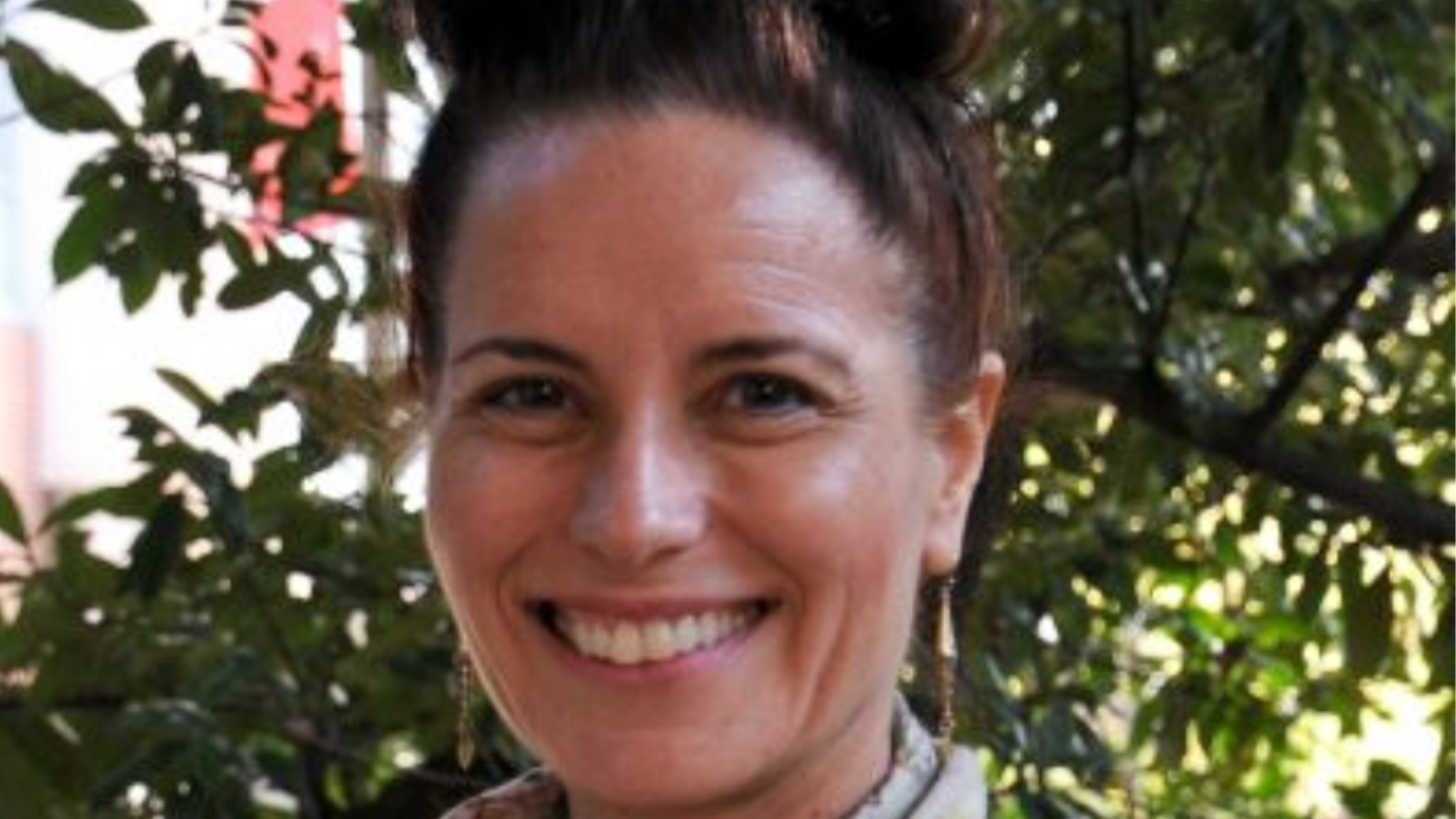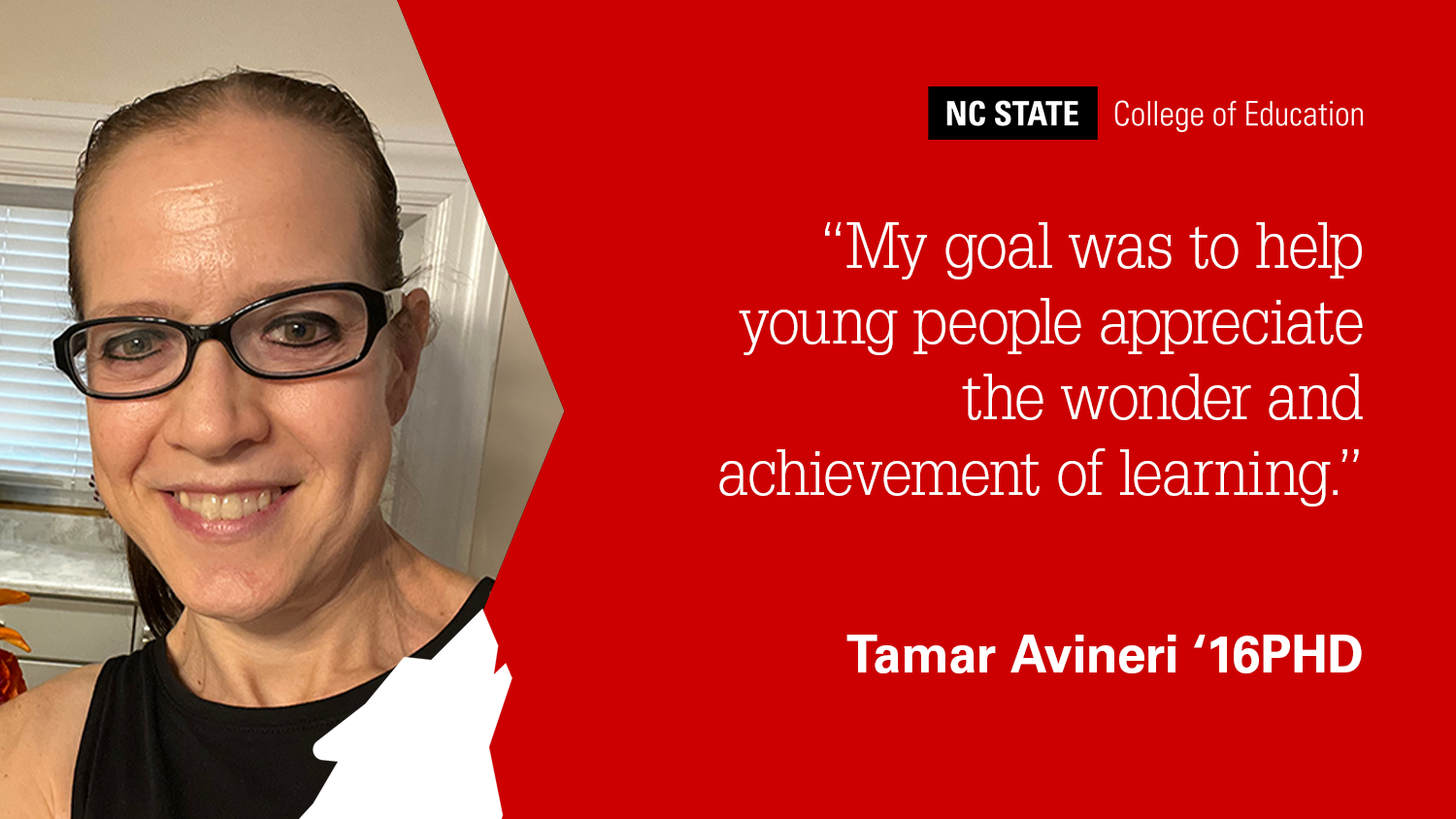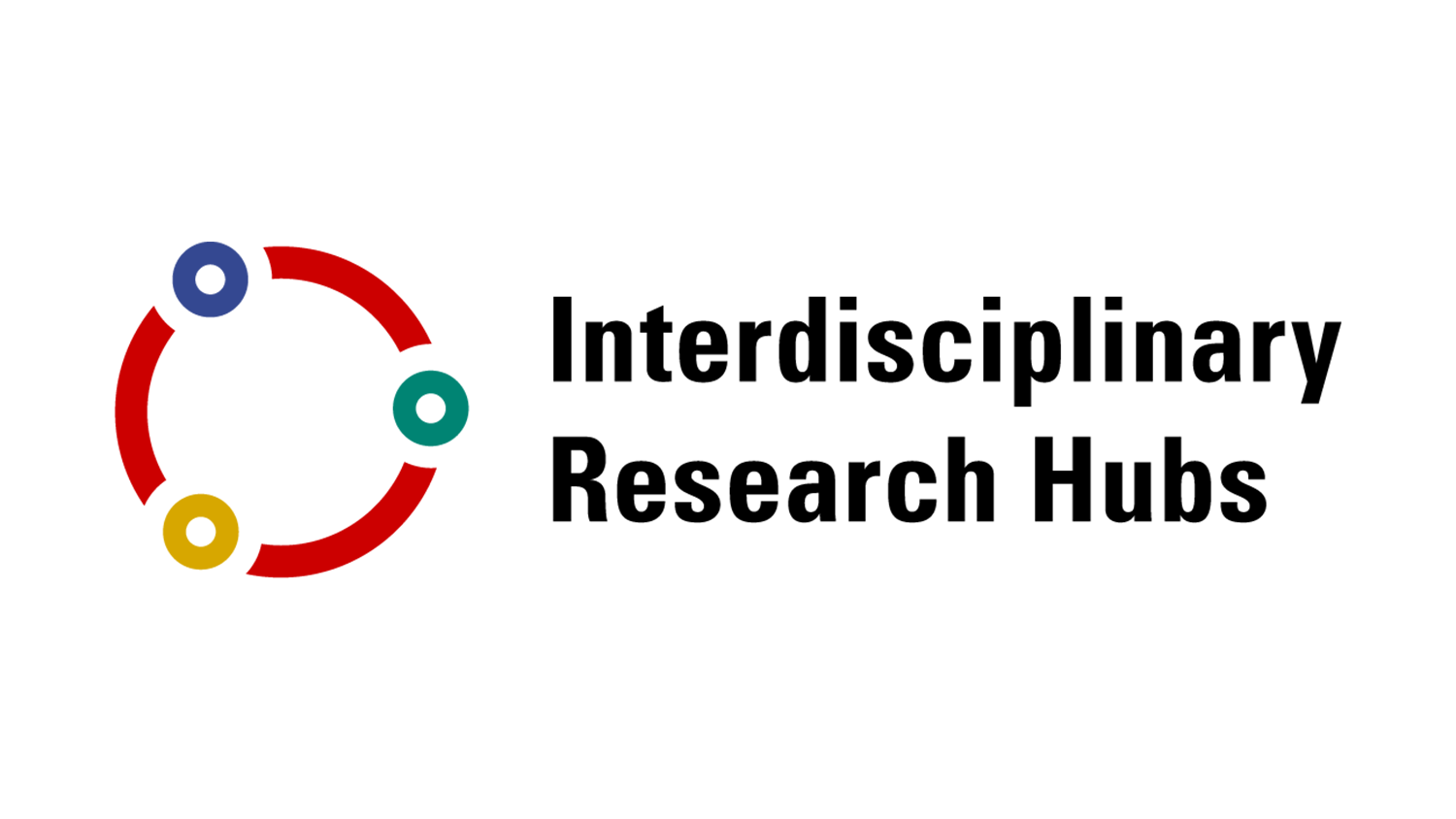Professor Sylvia Nassar Provides Recommendations for Multicultural and Social Justice Counseling as Guest Co-editor of Journal of Counseling and Development

As the child of immigrants who came from two different global and cultural regions of the world, NC State College of Education Professor Sylvia Nassar, Ph.D., had a tricultural upbringing that often led to her feeling stereotyped and “othered” during various points in her youth.
The impacts of these experiences, she said, are what ultimately led to her becoming a counselor and to her commitment to focusing on social justice and equity issues.
“I witnessed profiling and discrimination both personally and indirectly through observing attitudes towards my parents and other family members. I didn’t have words for it then, but I’m certain now the questions those experiences raised led me to a career in the helping profession,” Nassar said. “Throughout my life, particularly once I encountered institutions of higher education, I became very aware and articulate about the effects of those marginalizing experiences. Most of my practice and research has focused on topics of multiculturalism and social justice, with an increasing emphasis on intersectional, global and public policy issues.”
Nassar was part of a five-person team that developed the Multicultural and Social Justice Competencies — which were endorsed by the Association for Multicultural Counseling and Development Executive Council and by the American Counseling Association in 2015 — and published the Multicultural and Social Justice Competencies: Guidelines for the Counseling Profession in 2016.
The competencies, which provided an update to the Multicultural Counseling Competencies developed in the 1990s, provided counselors with a framework that consisted of four developmental domains — counselor self-awareness, client worldview, counseling relationship and counseling and advocacy interventions — that reflect competence in multicultural and social justice counseling.
The new model, Nassar said, was intended to add an action component to the prior set of competencies and provide context to counselor-client interactions by examining the ways in which marginalization and privilege play out in dynamic and fluid ways.
“It highlights the intrapersonal, interpersonal, community, institutional, public policy and global layers throughout which marginalization and privilege exist. In effect, the structural and systemic racism that has suddenly risen to the forefront of so much of our media in today’s context has illuminated not only the glaring health disparities among marginalized populations, but also the rampant racism that has gone unchecked,” she said.
Nassar has continued her commitment to multicultural social justice counseling and recently served as a guest co-editor of a special edition of the Journal of Counseling and Development entitled “Integrating the Multicultural and Social Justice Counseling Competencies into Practice, Research, and Advocacy.”
The special edition, proposed by Nassar and co-editor Anneliese A. Singh, Ph.D., is intended to ignite a scholarly conversation about the competencies with a focus on building a counseling profession in which multiculturalism and social justice serve as the basis for all aspects of work in the field.
“This special issue was an opportunity to highlight some of the emerging research using the Multicultural and Social Justice Counseling Competencies as well as to illuminate the gaps in both our research and our methodologies,” Nassar said.
In addition to co-editing the edition, Nassar also co-authored two articles, “The Past Guides the Future: Implementing the Multicultural and Social Justice Counseling Competencies” and “Embodying the Multicultural and Social Justice Counseling Competency Movement: Voices from the Field.”
In “Embodying the Multicultural and Social Justice Counseling Competency Movement,” Nassar and Singh discuss the multicultural and social justice counseling movement, focusing on the lived experiences of pioneering advocates within the field while aligning their work with contemporary research perspectives. The authors integrate these historical perspectives with their own to demonstrate the ways in which people and movements drive counseling leadership and advocacy.
In “The Past Guides the Future,” Nassar and her co-authors explore the ways in which the Multicultural and Social Justice Counseling Competencies can be viewed from a human rights framework as well as implemented and integrated into counseling practices. The article also offers recommendations for innovating the Multicultural and Social Justice Counseling Competencies. These include leveraging the competencies to manifest the counselor role as a human rights and social justice change agent; using the competencies to address dominance of White, western and male perspectives in counseling; utilizing the competencies to connect to global and international change efforts; and continually and systematically evolving the competencies through the use of continuous feedback.
“Looking back at the history of the multiculturalism movement, and more recently the social justice movement, helps to illuminate the gaps and identify where we need to go from here,” Nassar said. “Theories and research undergirding counseling, human development and education need to incorporate the experiences of marginalized individuals and communities in order to establish their respective cross-cultural relevance.”
Nassar said that the next steps needed to close the gaps and improve work in multicultural and social justice counseling require an effort from practitioners of all levels. Master’s level practitioners, she said, will need adequate training that enables self-exploration of their attitudes and beliefs and helps them to develop the knowledge, skills and advocacy interventions for marginalized students and clients.
At the student level, doctoral candidates should receive training on the ecological layers that encompass marginalization in community, institutional, global and public policy settings and lessons on how to become effective social justice advocates in those settings. An emphasis on recruiting and retaining individuals from marginalized communities in the field is also crucial, Nassar said.
“We need to recognize the cross-cultural shortcomings of the theories and research that we teach our students. This includes both current research and our research methodologies, which are not always culturally relevant,” Nassar said. “We need individuals from all demographic groups to be engaged in this discourse.”
Seven Steps for Implementing Multicultural and Social Justice Counseling Competencies
- Provide research and other mentorship: “We need to discover ways to mentor and support emerging practitioners and researchers to become skillful at their respective craft and steeped in the Multicultural and Social Justice Counseling Competencies model and its complexities. Not only does the profession need to foster strong methodologies, but in that endeavor, we need to be attuned to privilege and marginalizations inherent within the institutional system.”
- Define social justice advocacy: “While the term social justice may be much better conceptualized and understood, the ways in which we advocate for it are innumerable and not only are influenced by counseling role and setting, but also can be as unique as each client-counselor relationship. Thus, we need to co-construct the meaning of social justice advocacy with those in our peer and constituent professional groups.”
- Practice cultural humility: “Cultural humility can be fostered by the development and ongoing facilitation of the developmental processes depicted by the Multicultural and Social Justice Counseling Competencies model — attitudes and beliefs, knowledge, skills and action. Just as we teach our clients and students, sometimes we need to go back to the basics.”
- Identify implicit bias: “We need to recognize that oppression has evolved to more subtle forms, often couched in microaggression, and seek to better identify and eradicate them. We need to facilitate more conversations within our peer and constituent groups to identify the myriad ways in which these microaggressions can and do manifest.”
- Inoculate against pushback and anti-Multicultural and Social Justice Counseling Competencies resistance: “Those of us who intentionally seek to grow in multicultural and social justice counseling competence will continually encounter pushback and resistance. It is helpful to have allies with whom to debrief about these experiences and strategize about how to continue to productively move forward.”
- Prepare for a lifelong journey: “Marginalization and privilege have existed since the beginning of civilization in various forms. We can never be completely competent in multicultural and social justice counseling, because our encounters will continue to expose us to new people and situations that require our ongoing self-checks of cultural humility.”
- Embark on a collective journey: “Multicultural and Social Justice Counseling Competencies are best facilitated collectively, by virtue of the ecological layers. Within each of these layers, or systems, there is a myriad of complex relationships, with each individual playing a pivotal role. If we were to take a strengths-based approach to building Multicultural and Social Justice Counseling Competencies within any one of these layers, it would most probably represent a group effort.”
- Categories:


